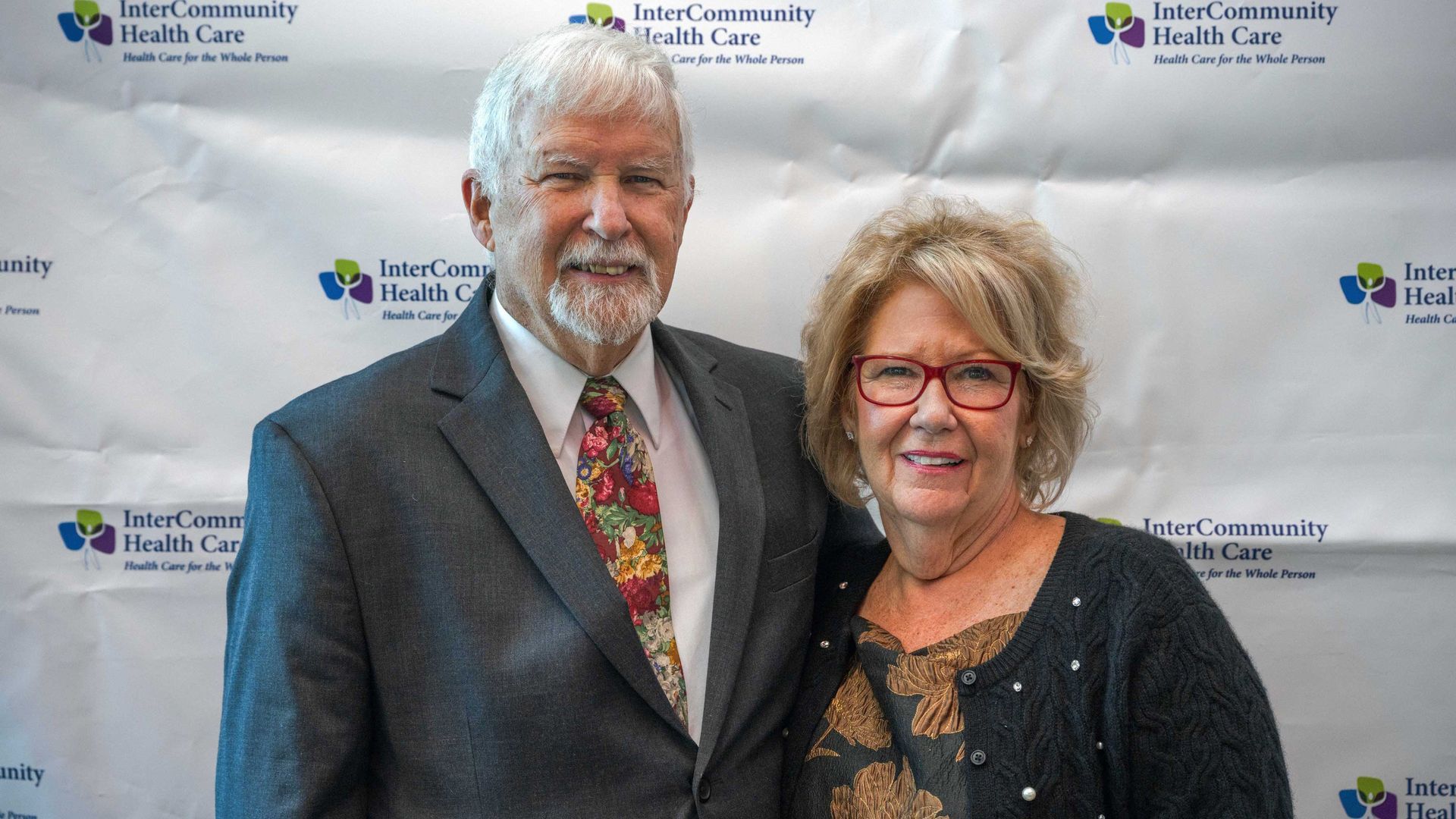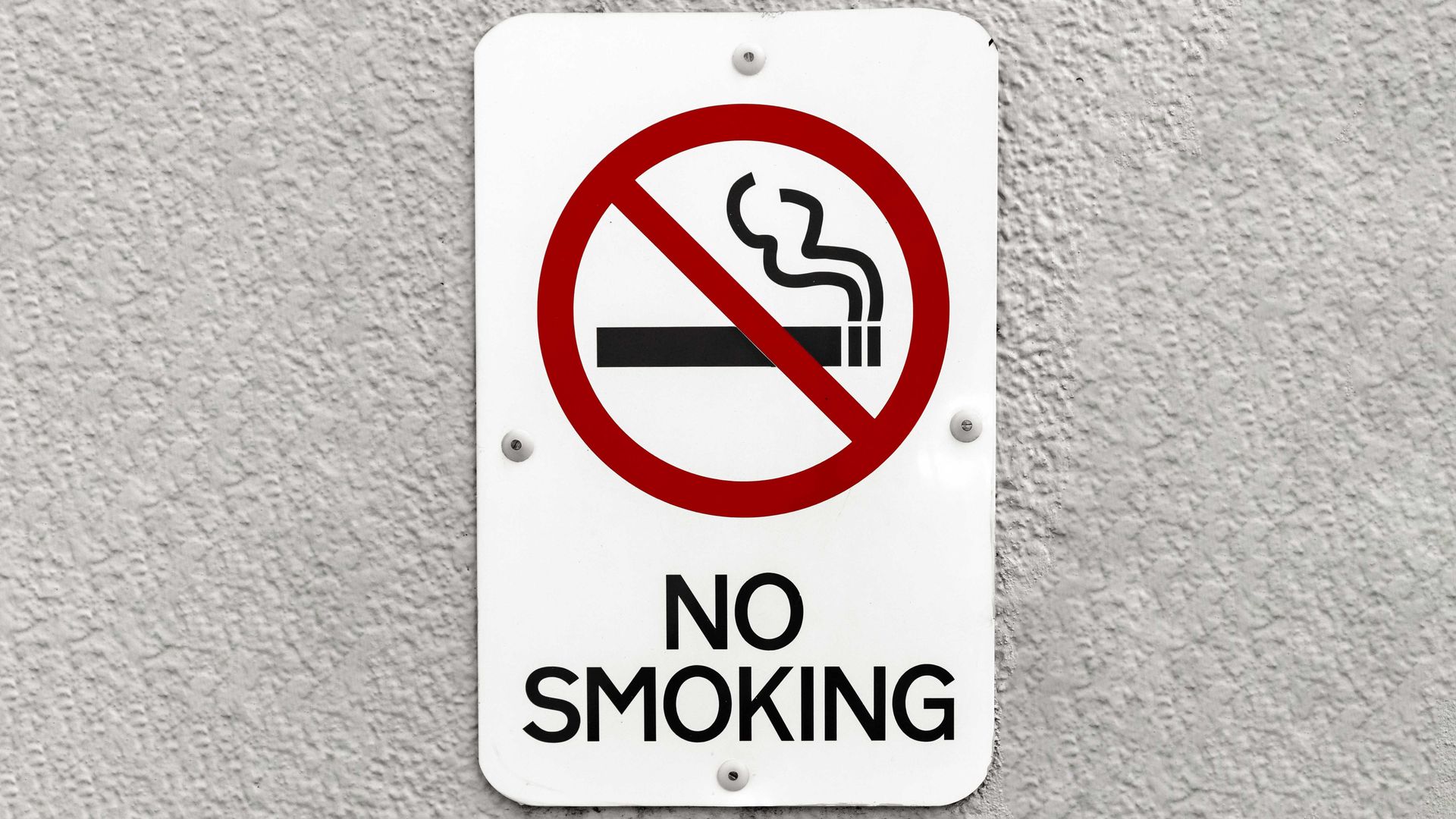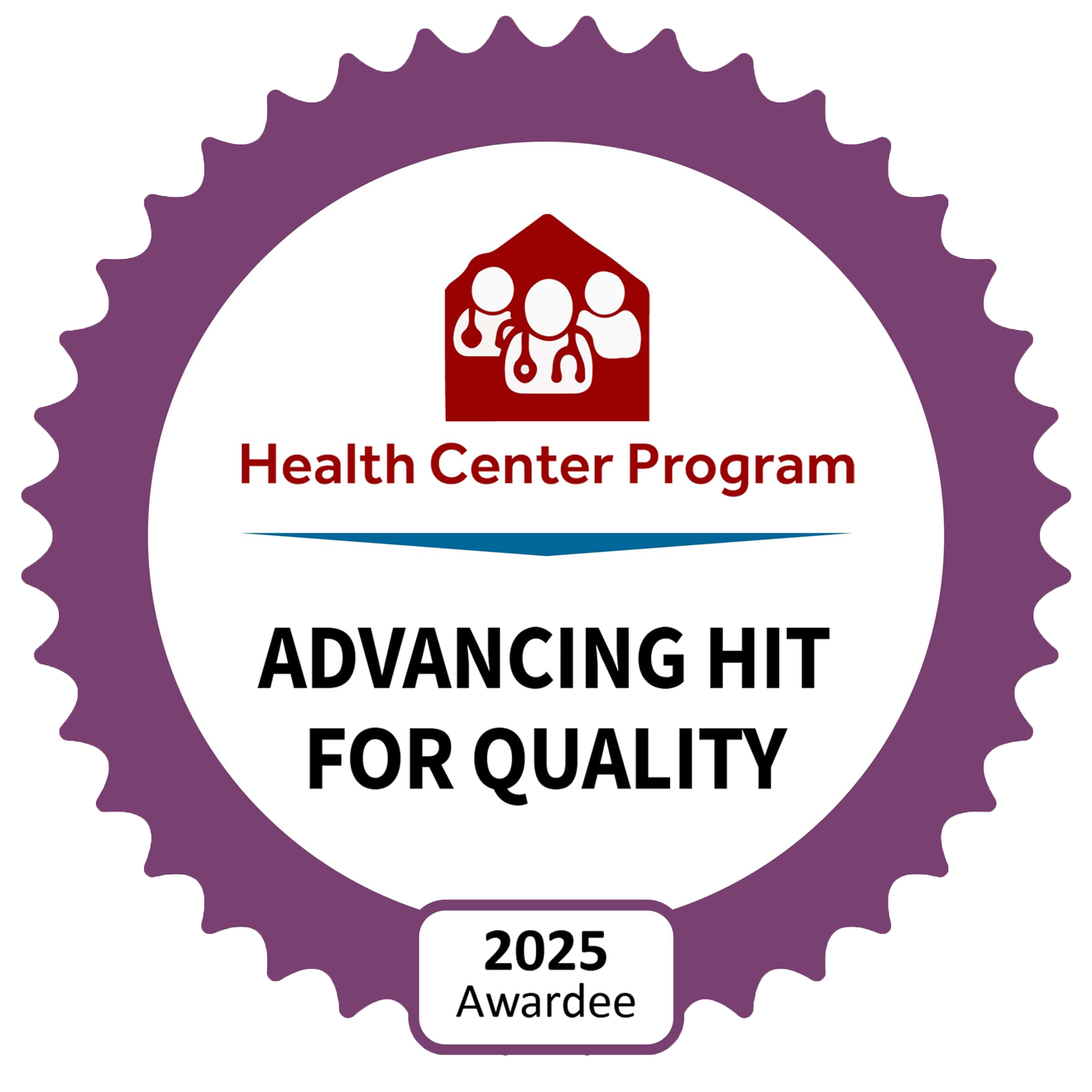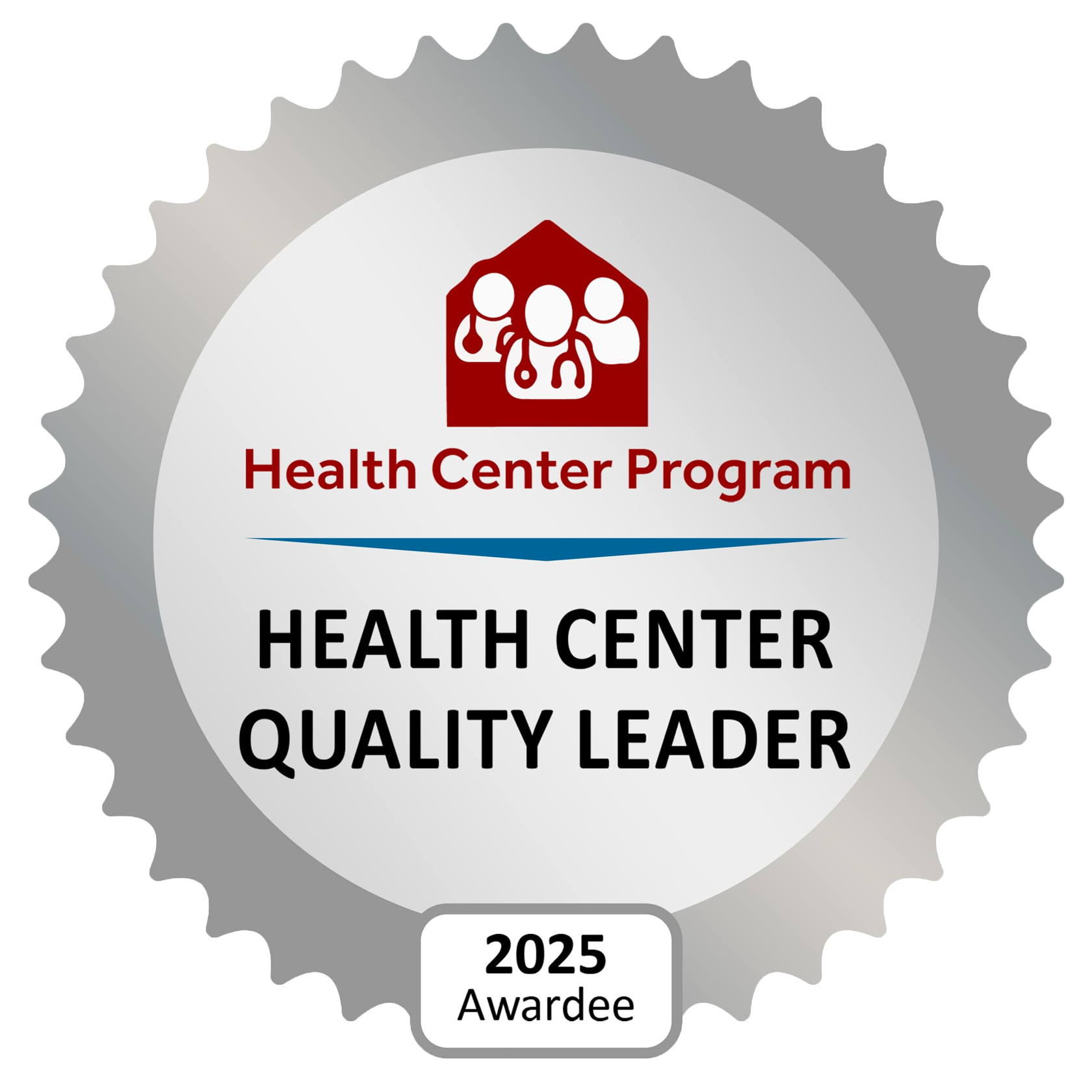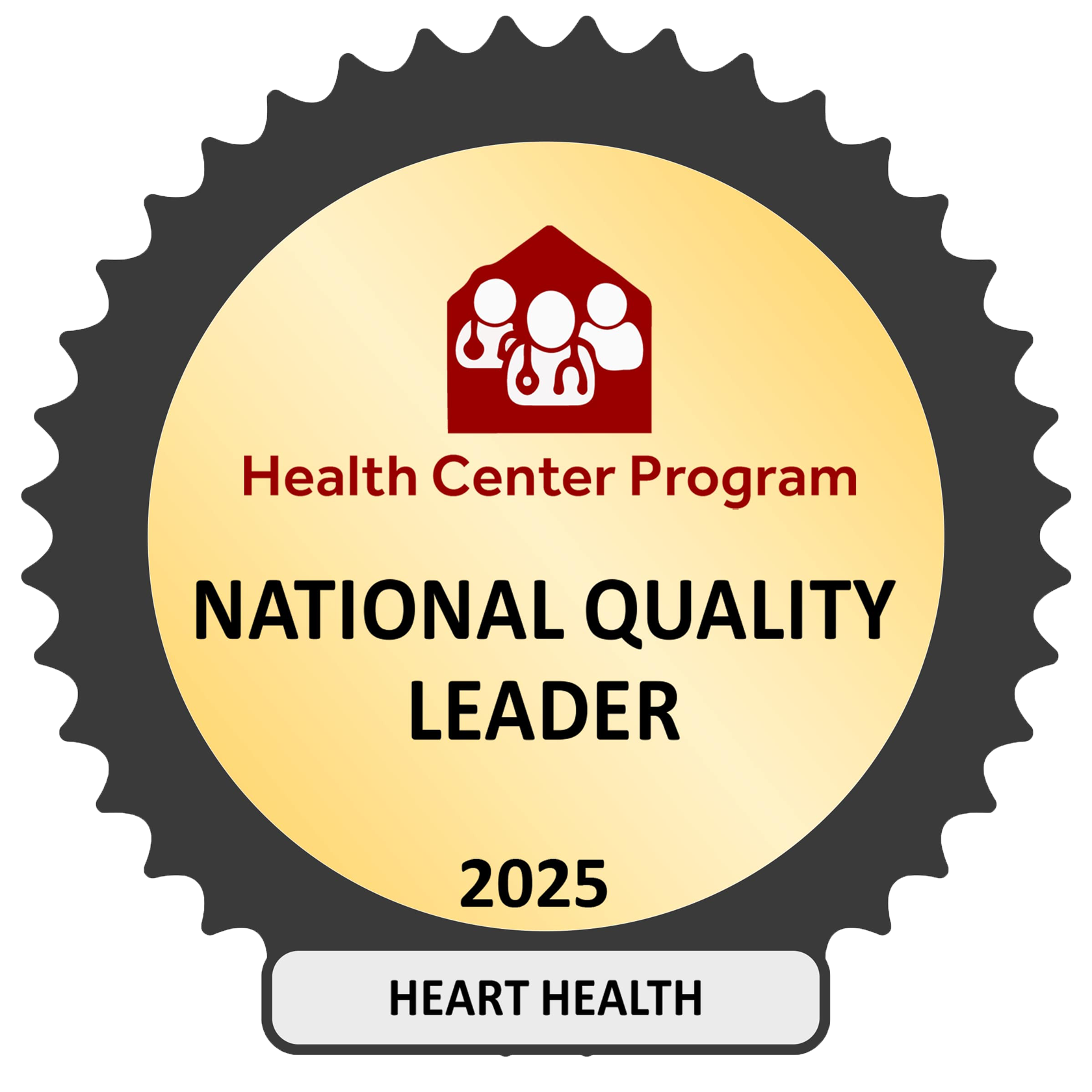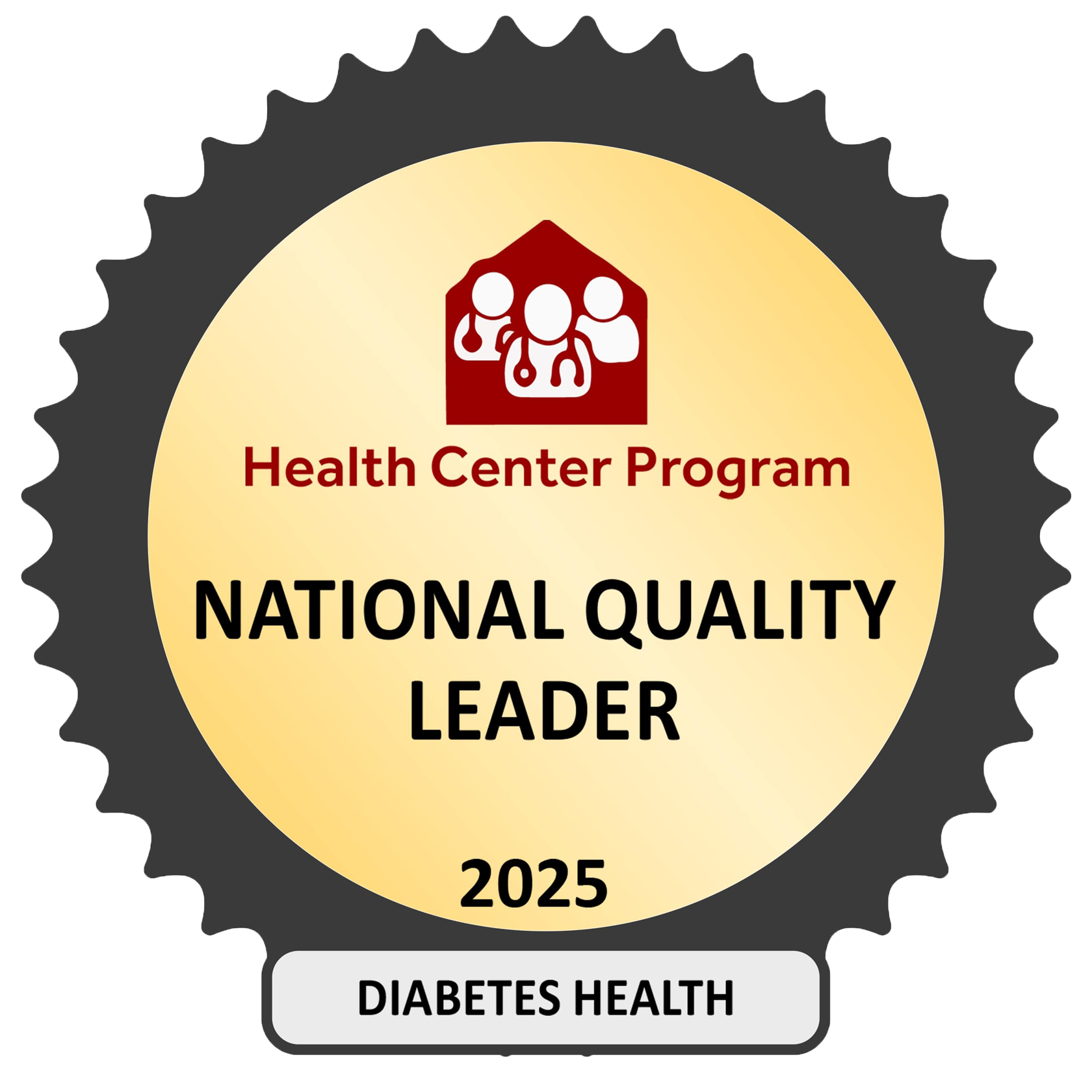Is Lung Cancer Screening Right for You?
The only recommended screening test for lung cancer is low-dose computed tomography (also called a low-dose CT scan, or LDCT). During an LDCT scan, you lie on a table and an X-ray machine uses a low dose of radiation to make detailed images of your lungs. The scan only takes a few minutes and is not painful.
However, lung cancer screening is not without its risks. It is recommended only for adults who are at high risk for developing lung cancer because of their smoking history and age.
The U.S. Preventive Services Task Force (USPSTF) recommends yearly lung cancer screening for people who:
- Have a 20 pack-year or more smoking history, and
- Smoke now or have quit within the past 15 years, and
- Are between 50 and 80 years old.
A pack-year is smoking an average of one pack of cigarettes per day for one year. For example, a person could have a 20 pack-year history by smoking one pack a day for 20 years or two packs a day for 10 years.
Risks of Screening
Lung cancer screening has at least three risks:
- A lung cancer screening test can suggest that a person has lung cancer when no cancer is present. This is called a false-positive result. False-positive results can lead to follow-up tests and surgeries that are not needed and may have more risks.
- A lung cancer screening test can find cases of cancer that may never have caused a problem for the patient. This is called overdiagnosis. Overdiagnosis can lead to treatment that is not needed.
- Radiation from repeated LDCT tests can cause cancer in otherwise healthy people.
If you are thinking about getting screened, talk to your doctor. If lung cancer screening is right for you, your doctor can refer you to a high-quality screening facility.
The best way to reduce your risk of lung cancer is to not smoke and to avoid secondhand smoke. Lung cancer screening is not a substitute for quitting smoking.
When Should Screening Stop?
The Task Force recommends that yearly lung cancer screening stop when the person being screened:
- Turns 81 years old, or
- Has not smoked in 15 or more years, or
- Develops a health problem that makes him or her unwilling or unable to have surgery if lung cancer is found.
The post Is Lung Cancer Screening Right for You? appeared first on InterCommunity.


